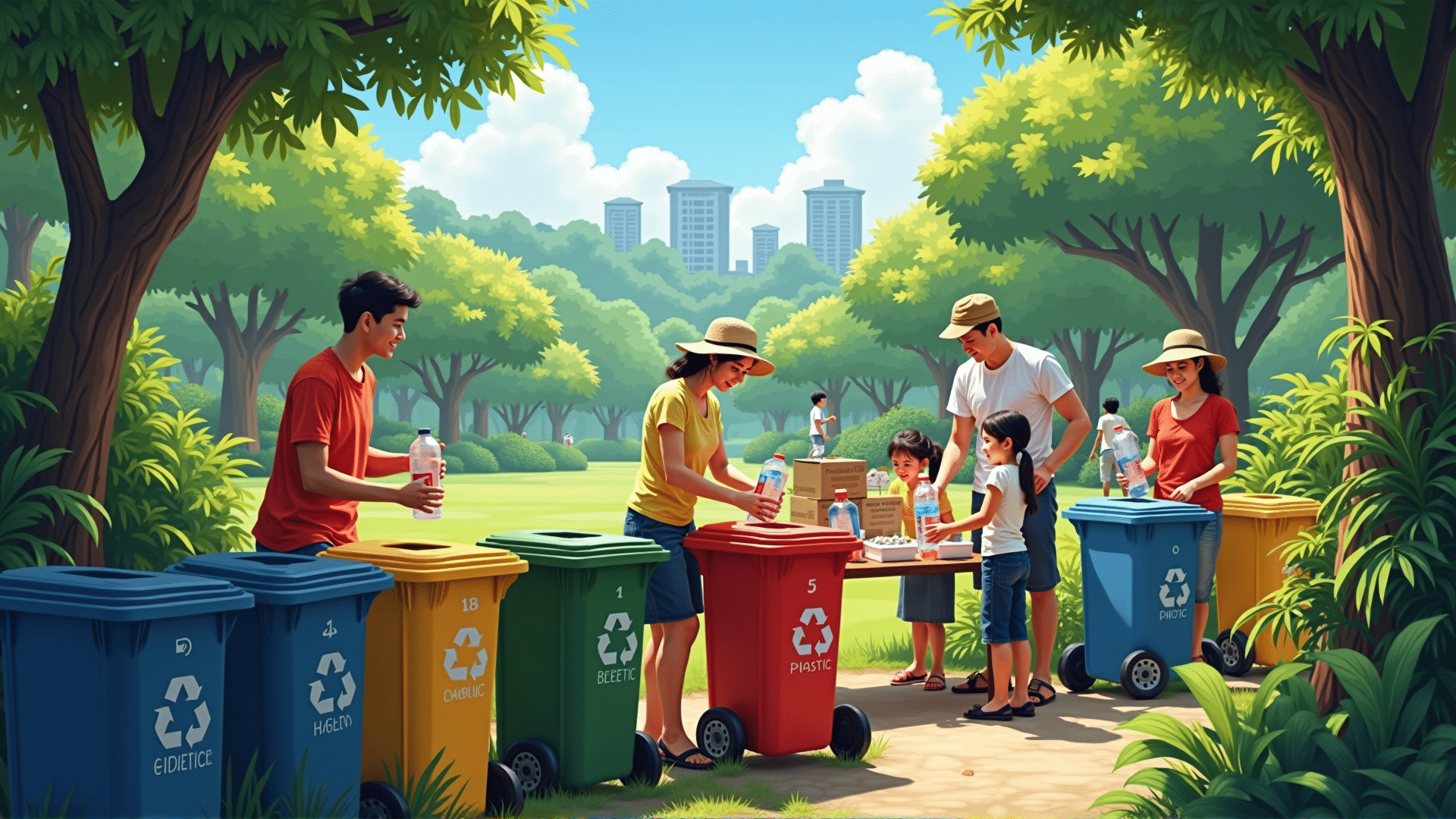In the heart of Southeast Asia lies the Philippines, a nation renowned for its vibrant cultures and stunning natural landscapes. Recently, Filipino communities have embarked on a remarkable journey towards sustainability, embracing innovative practices that prioritize the well-being of both people and the planet.
One of the most inspiring aspects of this movement is the adoption of inventive recycling methods. Across various cities, communities have initiated programs that transform waste management into a creative and educational endeavor. For example, in urban centers like Manila, residents actively participate in projects where plastic waste is converted into eco-bricks. These durable building blocks provide a double advantage: reducing plastic pollution and offering an affordable construction material for community infrastructures.
Another groundbreaking approach can be seen in the coastal areas where local groups are tackling marine waste. Fisherfolk are participating in initiatives that transform discarded fishing nets into marketable products such as bags and accessories. This not only helps to clean the oceans but also provides a stable livelihood for those involved, fostering a sense of environmental stewardship among the community.
Moreover, education plays a central role in these endeavors. Schools and community organizations are integrating sustainability into their curriculums and activities, ensuring that the next generation is equipped with the knowledge and skills to continue this crucial work. Interactive workshops and hands-on sessions with children and adults alike aim to foster a deep understanding of the impact of waste and the importance of reducing one's ecological footprint.
The inclusion of diverse local communities has been a crucial factor in the country’s environmental initiatives. Various projects are designed to ensure that even the most marginalized groups have a voice and a stake in these efforts. Indigenous communities, often the first line of defense in protecting natural habitats, have been pivotal in these sustainability endeavors. By integrating traditional practices and wisdom with modern ecological strategies, they offer a holistic approach to conservation.
Furthermore, the rise of community gardens and urban farming has transformed the landscape in both rural and urban settings. These green spaces not only improve food security but also enhance biodiversity in typically concrete-laden environments. Many neighborhoods now boast communal plots where citizens grow fruits, vegetables, and native plants, fostering community bonds and a shared responsibility towards nature.
In the Philippines, these pioneering practices highlight how collective action can lead to meaningful change. At the core of this movement is a commitment to creating a sustainable future for all. It serves as a beacon of hope and a powerful reminder that through innovation, community engagement, and a respect for the environment, it is possible to nurture and revitalize the world we live in. In doing so, the Filipino people are setting an inspiring example, reminding us that when communities come together with a shared purpose, they can achieve extraordinary things.
